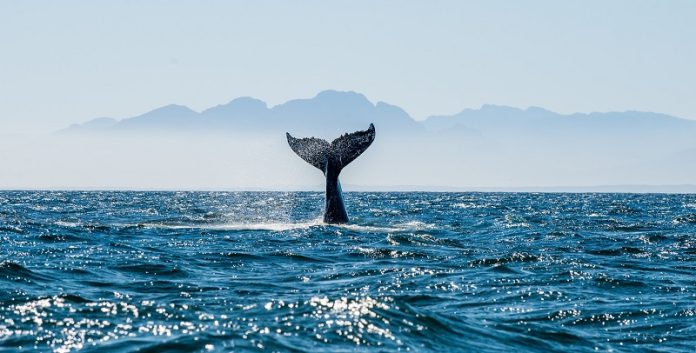
Whales might have played a much bigger role in ocean life than we ever imagined.
Scientists have discovered that whale poop is rich in iron and other nutrients, which may have helped fertilize the ocean and support marine life in the past.
Blue whales, the largest animals on Earth, eat massive amounts of tiny shrimp-like creatures called krill.
Other large whales, known as baleen whales, also feed by filtering small marine animals from seawater.
In the past, these whales were found in huge numbers across the oceans. However, over the last century, whaling nearly wiped them out.
At first, some people thought that since whales were no longer eating krill, the krill population would grow.
But the opposite happened—krill numbers also dropped, and neither whales nor krill have fully recovered. Scientists now believe this may be because whales weren’t just predators; they were also helping the ocean ecosystem by recycling nutrients through their waste.
A new study from the University of Washington supports this idea.
Researchers found that whale poop contains large amounts of iron, which is essential for marine plants called phytoplankton. Phytoplankton are the foundation of ocean life, feeding krill and other small animals.
Without enough iron, phytoplankton can’t grow properly, which then affects the whole food chain.
The study, published in Communications Earth & Environment, analyzed five whale poop samples—two from humpback whales in the Southern Ocean near Antarctica and three from blue whales off the coast of California. Scientists collected the samples when they spotted whales defecating at sea. Fortunately, whale poop floats, making it easier to scoop up using nets and jars.
Scientists have known that whale waste contains key nutrients like nitrogen and carbon. However, this new study focused on metals that are rare in the ocean but essential for life. The results confirmed that whale poop is full of iron, which helps phytoplankton grow. It also contains copper, another important metal.
At first, researchers worried that too much copper might be toxic, but they found that natural molecules, likely produced by bacteria in the whales’ stomachs, made it safe for marine life.
The Southern Ocean is a key part of the global climate system. Its powerful currents bring deep ocean water to the surface, where phytoplankton blooms feed krill and other marine creatures. By fertilizing the ocean, whales may have supported this entire system in the past.
“This study shows that animals, especially their gut bacteria, play a bigger role in ocean chemistry than we thought,” says Patrick Monreal, the lead researcher.
As whale populations declined, the ocean may have lost a natural source of fertilizer. Scientists believe that protecting and restoring whale numbers could help bring balance back to marine ecosystems, making oceans healthier for the future.



